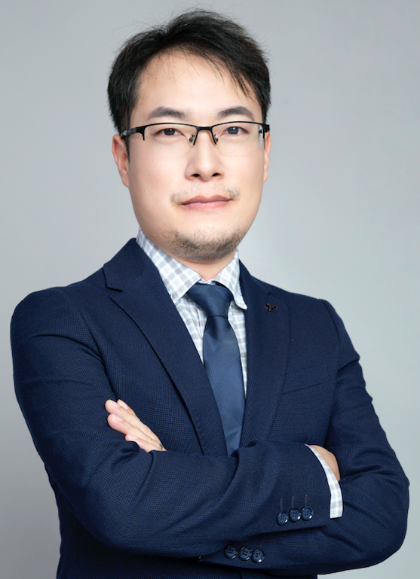A groundbreaking study led by Prof. BAO Zehua from the College of Chemical and Biological Engineering (CBE), Zhejiang University has made significant strides in the field of synthetic biology with the development of a novel gene editing technique, CHASE (CRISPR-Cas9 and HDR-assisted Saturation Editing). This technology addresses the limitations of previous methods by enabling high-precision, custom codon replacement within the yeast Saccharomyces cerevisiae, paving the way for more efficient enzyme and microbial cell factory development.
1. Background and Necessity
The quest to understand how genetic variations influence biological phenotypes is central to molecular genetics and underpins the advancement of synthetic biology. The ability to create and analyze a plethora of genetic variants is essential for optimizing enzymes and engineering microbial cell factories. Despite the success of in vitro saturation mutagenesis, the impact of plasmid copy number variations and chromosomal position effects has been a persistent challenge. To overcome these, Prof. BAO's team has innovated upon the previously reported CHAnGE technology, enhancing the precision and range of gene editing.
2. Innovation and Achievement
The CHASE method leverages the more PAM permissive SpG variant (SpiG) for gene editing in yeast, coupled with homologous recombination, to achieve unprecedented levels of precision in gene editing. This advancement significantly expands the editing scope, allowing for comprehensive analysis of genotype-phenotype relationships and the discovery of beneficial mutations. The research, published in Science Advances (DOI: 10.1126/sciadv.adj9382), was led by engineer DENG Lei, with Prof. BAO as the corresponding author.


Figure 1: A schematic representation of the CHASE method illustrates the broad application potential in genetic research and synthetic biology.
3. Future Outlook and Recent Publications
The team's progress is attributed to the engineering of PAM-relaxed Cas proteins, which has broadened the targetable space for gene editing. A comprehensive review on this topic, titled "Broadening the Targetable Space: Engineering and Discovery of PAM-flexible Cas Proteins," has been published in Trends in Microbiology, detailing the mechanisms and potential applications of these proteins.

Figure 2: Strategies for obtaining PAM-flexible Cas proteins and their applications highlight the transformative potential in various fields, including gene therapy and microbial engineering.
4. Recruitment and Introduction to the Research Team
Prof. BAO's research group is recruiting two postdoctoral researchers and one research assistant. Interested candidates are encouraged to reach out via zbao@zju.edu.cn. More information about the team's work can be found on their website at www.synthevo.org.
About Prof. BAO Zehua
Prof. BAO is a tenure-track assistant professor at College of Chemical and Biological Engineering, Zhejiang University and an affiliated researcher at the Hangzhou Global Scientific and Technological Innovation Center. His academic journey includes a bachelor's degree from Tsinghua University and a Ph.D. from the University of Illinois at Urbana-Champaign, followed by postdoctoral research at Boston University. Prof. BAO has made significant contributions to the field with publications in high-impact journals and serves as an editor for BMC Biotechnology.

Contact Information
For more information or interview requests, please contact:
Prof. BAO Zehua
Email: zbao@zju.edu.cn
Website: www.synthevo.org

